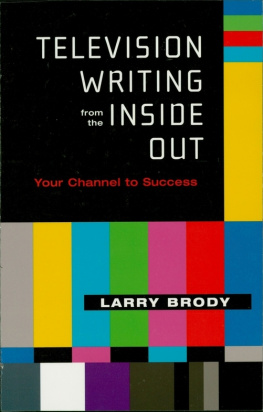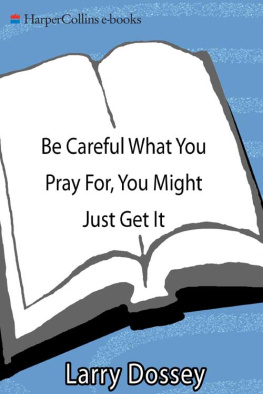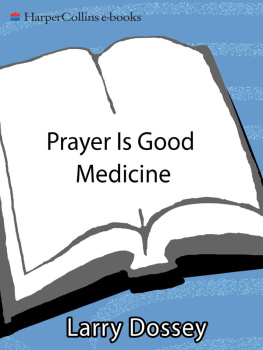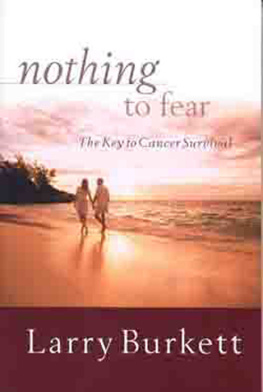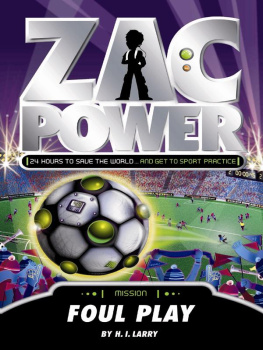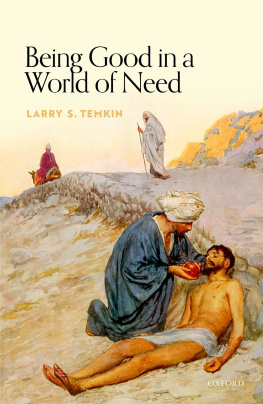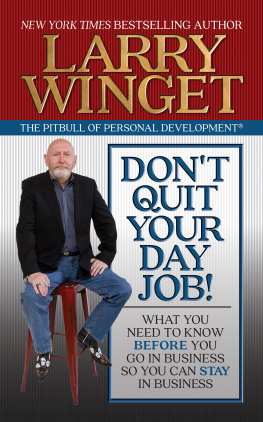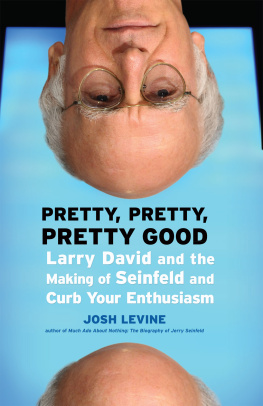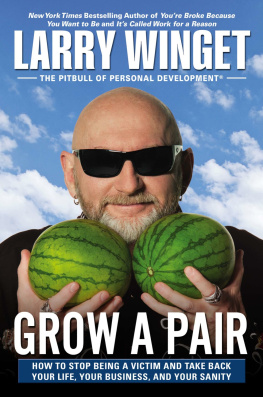The Uncertain Business of Doing Good
THE UNCERTAIN BUSINESS OF DOING GOOD
OUTSIDERS IN AFRICA
LARRY KROTZ
Larry Krotz, 2008
University of Manitoba Press
Winnipeg, Manitoba R3T 2N2 Canada
www.umanitoba.ca/uofmpress
Printed in Canada by Friesens.
All rights reserved. No part of this publication may be reproduced or transmitted in any form or by any means, or stored in a database and retrieval system, without the prior written permission of University of Manitoba Press, or, in the case of photocopying or other reprographic copying, a licence from ACCESS COPYRIGHT (Canadian Copyright Licensing Agency, 9006 Adelaide Street East, Toronto ON M5C 1H6, www.Accesscopyright.ca).
Cover design: Doowah Design
Text design: Relish Design Studio
Maps: Weldon Hiebert
Maps: Weldon Hiebert
Cover photo: Larry Krot
Library and Archives Canada Cataloguing in Publication
Krotz, Larry, 1948
The uncertain business of doing good : outsiders in Africa / Larry Krotz.
Includes bibliographical references.
ISBN 978-0-88755-707-1 (pbk.)
1. Economic assistance--Africa. 2. Africa--Economic conditions--1960-. 3. Africa--Social conditions--1960-. 4. Africa--Politics and government--1960-. 5. Poverty--Africa. I. Title.
HC800.K76 2008 338.91096 C2008-902231-9
The University of Manitoba gratefully acknowledges the financial support for its publication program provided by the Government of Canada through the Book Publishing Industry Development Program (BPIDP), the Canada Council for the Arts, the Manitoba Arts Council, and the Manitoba Department of Culture, Heritage, and Tourism.
All the news out of Africa is bad. It made me want to go there.
Paul Theroux, Dark Star Safari
CONTENTS
ACKNOWLEDGEMENTS
At various stages of research and writing, I received financial support for this book from the Manitoba Arts Council and the Ontario Arts Council. I want to acknowledge, with gratitude, their assistance.
My initial documentary filmmaking and journalistic forays into Africa were made at the behest of the National Film Board of Canada, Vision Television, and publications: the National Post, Saturday Night magazine, the United Church Observer, the Walrus magazine. I want to thank them for their encouragement and support, as I likewise want to thank some individuals who were encouraging and helpful to me. Hugh McCullum was my host on two occasions in Harare and remains a steady friend and sounding board re Africa and ideas. Jim Kirkwood of the United Church and Africafiles encouraged me in my first trip to Angola.
In order to keep my ideas on track throughout the writing, I depended heavily on friends Paul Wilson and Patricia Grant, and on my wife, Stephanie Leontowitsch, for perceptive insights and criticisms. Then, when it finally came to publishing, I have been delighted to work with the University of Manitoba Press. The support and faith shown by David Carr, the sure editing eye of Pat Sanders, and the assistance of Cheryl Miki have been invaluable.
Finally, there would be no book without the generous access granted by all the people you will find in the book, the medical scientists, the genocide trial lawyers, the foreign aid workers, and the local people of the various communities and projects who show up in the pages and chapters. Of these I want to make special mention of Ian Maclean, who has been a steady and reliable help in understanding the complexities of aids research and science and a good friend and guide, especially around Nairobi and Kisumu in Kenya with an understanding of absolutely the best curry and local fare restaurants.
The Uncertain Business of Doing Good
Introduction
OUTSIDERS IN AFRICA
WHEN YOU PICK UP A BOOK ABOUT AFRICA, it is almost inevitably not so much about Africa as about us. Africa is an obsession for a great many people, even some who have never set foot there Though a continent of fifty-some countries and almost three quarters of a billion people, it is, especially for the Westerner, the European, or the North American, very much a place of the mind and the imagination. The very word, Africa, has the power to elicit longing and fantasy. In turn, it carriesa great and perhaps unfair burden: that of fulfilling some of our deepest needs. Africa reassures us about what might still be left of a wild world with deep jungles, massive pachyderms, and dangerous felines; it provides a home for the fossilized bones of our ancient ancestors; it offers an object for our altruistic impulses. It is the kind of place that if it didnt already exist, we might well has to invent.
Africa is sufficiently exotic, and far enough away, that outsiders have always been able to approach it with a kind of untroubled certainty. This was true whether there was blatant exploitation on their minds or more benign purposes. It is no less the case for someone looking to cure HIV/AIDS or prod development in the early years of the twenty-first century than it was when the motivating forces were anti-slavery, missionizing for Christianity, or delivering the benefits of colonialism in the nineteenth and twentieth centuries. Part and parcel of the package is an assumption of ownership, possession that one takes either literally, as did the nineteenth-century colonialists, or in a more figurative, emotional, or psychological sense. On television I have just seen Margaret Trudeau, the former wife of the late prime minister, freshly returned from an Ethiopian village where a charity she participates in has installed water tanks. She told the interviewer, with not the slightest irony, about my Africa. At the same time, the pop star, Madonna, has just come back with great fanfare and some controversy from picking up a newly adopted child from an orphanage in Malawi. Though this was reportedly her first trip to the continent, let alone the country, she had promised to give millions to such orphans, so why shouldnt she be allowed to take one of them home? We presume a great deal when it comes to Africa, often letting that presumption spill out without the least sense of shame or even self-consciousness.
In 1992 I made my first visit to Africa. My story is simple. I have always worked as a writer and a filmmaker, and had been offered the opportunity of a lifetime, to make a documentary film in Angola. It is astonishing how easily such things come about. The action of hopping on a plane and being transported in short order to someplace far away, even someplace improbable, has become commonplace. It has a great deal to do, of course, with who you are. You dont have to be rich, just well-placed and sort of luckybeing North American or European helpsand then you can go absolutely anywhere, taking it calmly for granted you will be returned intact, a matter I find not insubstantial as a definer of the age in which we live. In my case I had been writing journalism for magazines and making programs for an educational television service. Somebody had seen my work, one thing led to another, and there I was. There were going to be three of us on our little team, the assignment to look at a country struggling through turmoil and then produce articles and a news-style documentary that might attempt to explain things. Upon reflection, we realized we were going to be foreign correspondents, something, I confess, that fulfilled a long-held romantic fantasy. There are numerous ways to move about the world, as a tourist, on business, as an explorer, a diplomat, a soldier, a missionary or some equivalent do-gooder, an immigrant or refugee. None of these has quite the cachet of foreign correspondent. I also have to admit I didnt properly know where Angola was and had to look it up on a map. It was below the equator, which meant water going down the drains spun counter-clockwise.





